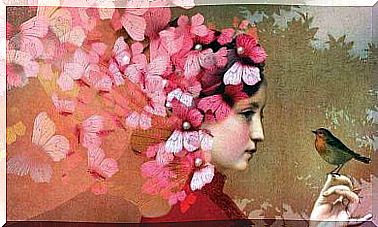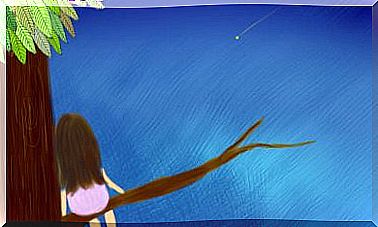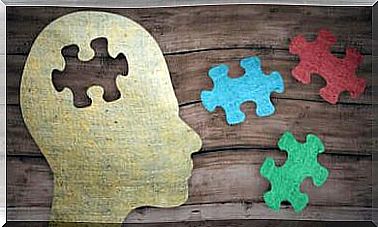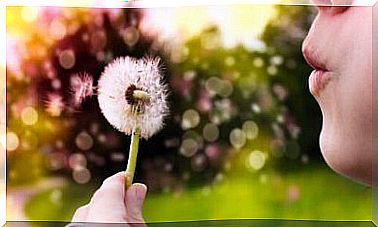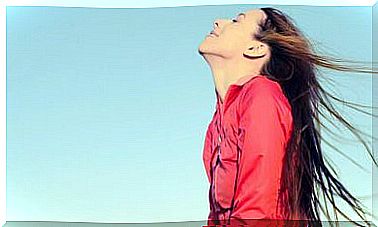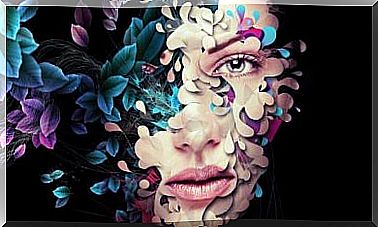If You Can, Change It; If Not, The Solution Is To Flow

In Chinese, the term Wu Wei describes an aspect of Taoist philosophy that says that the most appropriate way to act is not to force, but bearing in mind that not to force is not the same as doing nothing. Wu Wei also means “effortless” and “growth”, something that can be compared to flowing like a river.
He starts from the idea that plants grow for Wu Wei, they make no effort to grow, they simply grow. So, it’s about doing things in a natural way, without forcing them and without distorting their harmony. It’s like saying: change if you can, otherwise flow.
On many occasions we want things to happen one way or another, or else we force situations instead of letting everything flow, following its rhythm with harmony, letting us take it without resistance, growing without effort. It’s human to try to oppose something that bothers us or that we don’t like, but the wisdom of experience should guide us into the state of simply flowing.
Happiness as a flowing state
Flow is a state of mind in which a person is completely immersed in the activity he is doing. The person focuses all energy on the task and there is a total implication in it. The concept of flow was proposed by psychologist Mihály Csíkszentmihályi in 1975 and has since been developed in many fields.
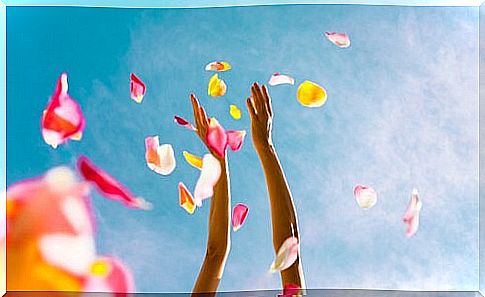
Mihaly Csikszentmihalyi is Director of the Quality of Life Research Center at Claremont Graduate University in California. He is dedicated to researching the basis and applications of positive aspects of thinking, such as optimism, creativity, intrinsic motivation, and responsibility. His theories were so successful that they were used by many world leaders. His book “Flow: The Psychology Of Optimal Experience” (in free translation: Flow, the psychology of the optimized experience), was converted into a great sales success.
According to Csikszentmihalyi, the components of a flow experience are as follows:
- Concentration and focus. A high degree of concentration is a limited field of attention. A person who develops a single activity will have the opportunity to focus on it and deepen it.
- Clear goals. The goals must be attainable with the set of skills and abilities that one has and, in this way, the person will see that the goals are possible and will strive to achieve them.
- Direct and immediate feedback. The successes and failures in the activity are obvious. The person should receive feedback that allows them to know when they are doing the activity correctly and how much they are not.
- Balance between skill level and challenge. The activity can be neither too complicated (because the person will give up quickly), nor too easy (because he may get tired of the activity and drop it). There must be a balance.
- The activity is intrinsically rewarding, so the effort goes unnoticed when performing. It should be something that makes the person feel good, so that they hardly notice the effort they are making.
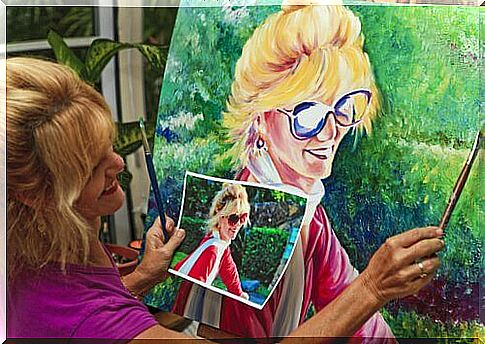
change or flow
Human beings go through complicated situations throughout their lives that sometimes they cannot change, but they can act on the way they deal with this situation and let themselves flow. It is about seeing difficulties as an opportunity for learning and personal overcoming. From thinking that everything happens for a reason, to teach us an important lesson.
Each person acts differently in the same situation, and it is important to seek support from others who are important to us in cases where we are disoriented. It’s not about playing the victim, it’s about looking for help if necessary, talking to other people, letting out everything that worries us. As there are aspects you cannot change, flow, let things take their course, don’t fight the tide.
